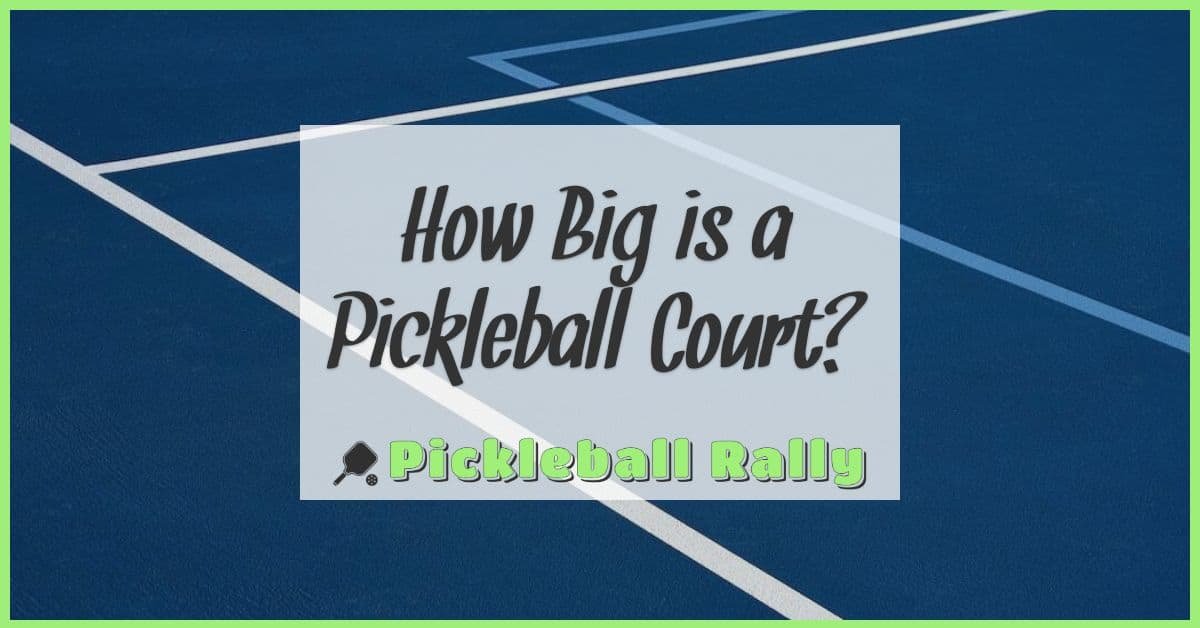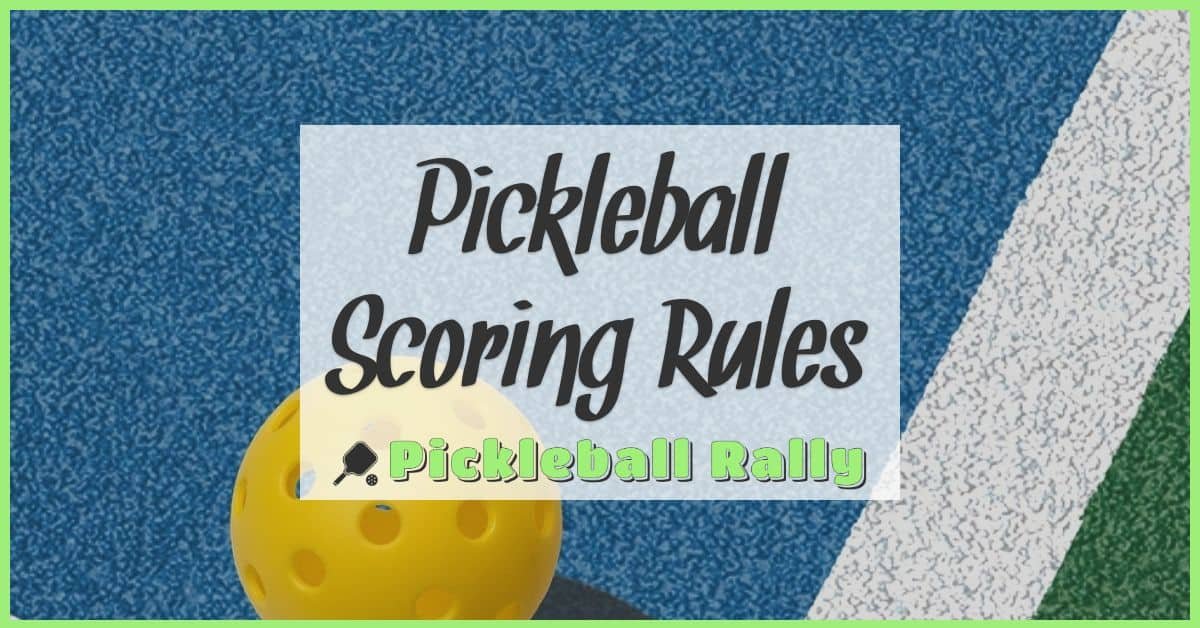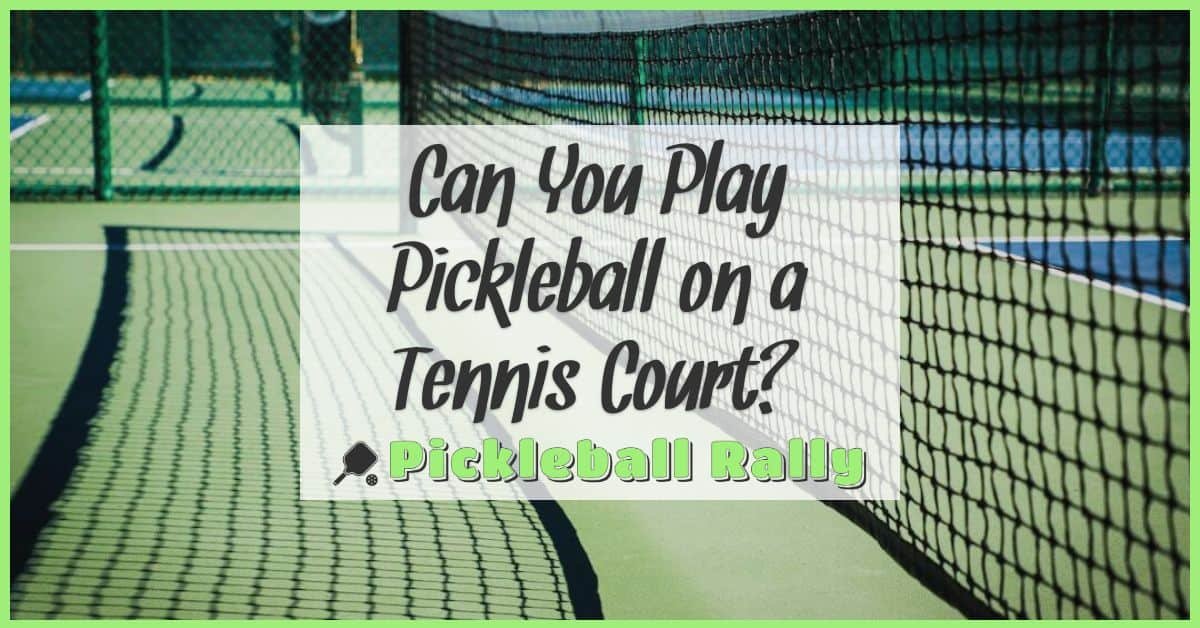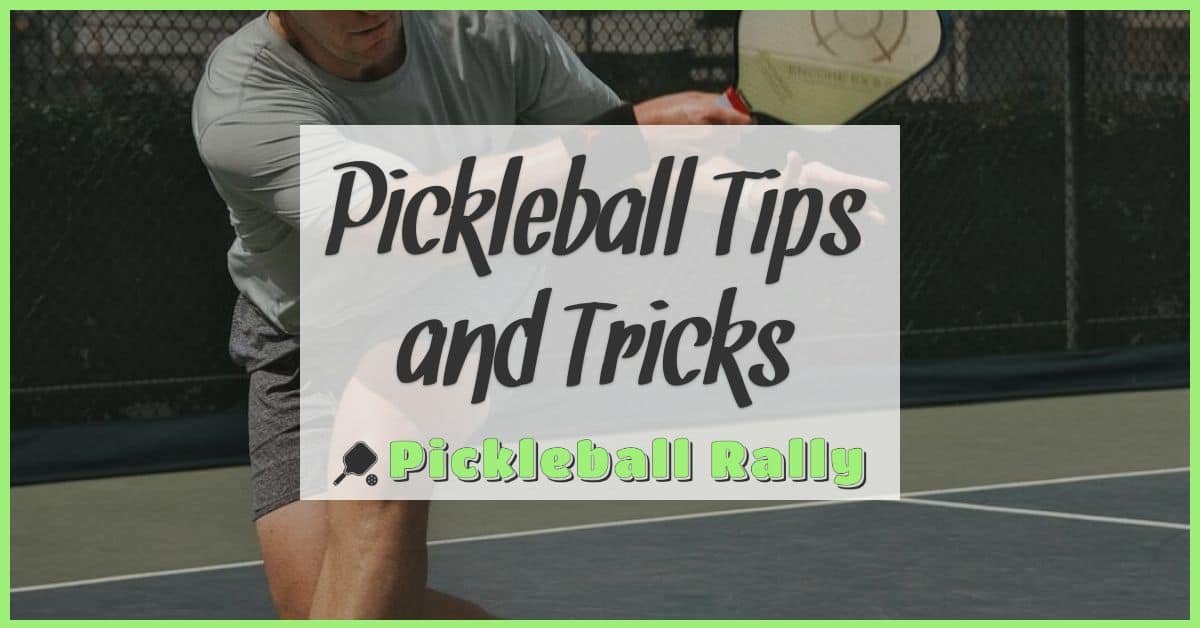Pickleball has quickly become a favorite pastime for many, and it’s especially meaningful for veterans looking to stay active and connected. This fast-growing sport offers a fun way to build friendships and improve physical health without the intensity of more demanding activities.
Community programs designed specifically for veterans are popping up all over, creating welcoming spaces where service members can enjoy the game together. These programs not only promote fitness but also foster a sense of belonging and support.
As we explore the world of pickleball for veterans, we’ll see how these initiatives are making a real difference by bringing people together and helping them thrive both on and off the court.
Benefits of Pickleball for Veterans
Pickleball offers unique benefits that resonate deeply with veterans. It combines physical activity and social interaction in ways that strengthen both body and mind.
Physical Health Advantages
Pickleball improves cardiovascular fitness by encouraging consistent movement. It enhances agility and coordination through quick changes in direction and racket skills. It builds endurance because games often last 15 to 30 minutes, promoting sustained activity without excessive strain. It supports joint health with its low-impact nature, easing those managing arthritis or past injuries. Playing regularly leads to better balance, reducing fall risks common among older adults. These physical benefits help veterans maintain independence and overall vitality.
Mental Health and Social Well-Being
Pickleball fosters mental sharpness by requiring strategic thinking and fast decision-making. It elevates mood through the release of endorphins during play, alleviating stress and symptoms of depression. It combats isolation by connecting veterans in welcoming community programs built around shared experiences and interests. It nurtures camaraderie and teamwork because doubles play demands communication and trust. It gives a sense of purpose as veterans engage in regular goal-setting and skill development. Together, these mental and social advantages support resilience and a positive outlook.
Overview of Community Pickleball Programs for Veterans
Community pickleball programs for veterans bring players together in welcoming, supportive environments that promote both skill development and social connection. We find these programs blend fitness, fun, and fellowship in ways uniquely suited for veterans.
Types of Programs Available
We see several program formats designed to meet different needs:
- Recreational Play Sessions offer open courts where veterans gather to play casually and make new friends.
- Instructional Clinics focus on skill-building, covering everything from basic strokes to advanced strategies.
- Competitive Leagues provide structured match play and tournaments, ideal for those wanting to test and improve their game.
- Adaptive Programs cater to veterans with physical limitations, using modified equipment and court setups to ensure everyone can participate.
Each program lets veterans progress at their own pace, with coaches and volunteers often experienced in veteran-specific concerns.
Locations and Accessibility
We recognize location choice and ease of access as key for consistent participation:
- Community Centers and Veteran Centers often host programs, leveraging spaces familiar to veterans.
- Local Parks and Recreation Facilities with dedicated pickleball courts make play convenient and outdoors-friendly.
- VA Medical Centers sometimes offer on-site programs combining physical therapy with pickleball activity.
- Mobile and Pop-up Clinics bring the game directly to veterans in rural or underserved areas, reducing travel barriers.
Many programs prioritize accessible facilities, ensuring wheelchair ramps, smooth court surfaces, and adaptive equipment are available. This attention to accessibility opens pickleball to a broader range of veterans, encouraging ongoing engagement.
How Community Programs Support Veterans
Community programs create welcoming spaces where veterans connect through pickleball. These programs enhance physical health while building relationships that boost morale and motivation.
Building Social Connections
Veterans form strong bonds during group play, tournaments, and social events. We see how shared experiences on the court lead to lasting friendships and a sense of belonging. These social connections reduce feelings of isolation common among veterans and encourage regular participation. Group drills, doubles matches, and team challenges promote teamwork and communication, enriching the social environment.
Providing Adaptive Equipment and Coaching
Community programs equip veterans with adaptive paddles, balls, and court modifications suited to various physical needs. We understand that tailored equipment helps everyone play comfortably and safely. Skilled coaches guide veterans through modified techniques and strategies designed for different abilities and fitness levels. Our coaching focuses on progression, confidence, and enjoyment, making pickleball accessible while maximizing skill development. This support ensures veterans stay engaged and improve regardless of physical limitations.
Success Stories and Testimonials
Veterans across the country share inspiring success stories that highlight how pickleball transforms both health and social lives. Many report improved mobility and endurance after weeks of consistent play, often noting relief from joint pain thanks to the sport’s low-impact nature. For example, a veteran from Arizona described regaining flexibility and confidence after joining a community program that offered personalized coaching and adaptive equipment.
Others emphasize the mental uplift pickleball provides. We hear from individuals who overcame isolation by finding a supportive network through weekly games and social events. One participant mentioned that the camaraderie and friendly competition gave them renewed purpose and motivation during challenging times.
The testimonials often highlight the accessibility and inclusivity of veteran-focused programs. A former service member praised the adaptive clinics that allow players with varied physical abilities to participate fully, explaining how customized drills helped them develop skills at their own pace without feeling overwhelmed.
Veterans also celebrate the friendships built through pickleball, showing how the shared experience on the court extends beyond the sport. Regular players describe the welcoming atmosphere and ongoing encouragement from coaches and peers, which fosters a strong sense of community and belonging.
These success stories demonstrate how pickleball community programs create lasting positive impacts, combining physical health benefits with meaningful social connections that enrich veterans’ lives.
How to Get Involved in Pickleball Programs for Veterans
Finding the right pickleball program for veterans starts with local community centers, parks, and VA medical centers. These venues often host recreational play sessions, clinics, and leagues specifically designed for veterans. Searching online for “veteran pickleball programs” alongside your city or state helps locate nearby options quickly.
Joining veteran-focused pickleball groups on social media platforms connects us with others who share the same interests and experience. Many of these groups post schedules for upcoming events, training sessions, and tournaments open to veterans at all skill levels.
Volunteering as an assistant or participant in adaptive clinics strengthens our understanding of the sport while giving back to the community. These clinics offer modified rules and equipment for players with physical limitations, ensuring inclusive play and skill development.
Registering with programs that offer coaching guarantees structured growth, as skilled instructors guide us through techniques tailored to veterans’ needs. Consistent attendance at these sessions builds confidence, endurance, and gameplay strategy.
Organizing informal meetups or joining existing veteran pickleball clubs provides more opportunities for regular practice and social interaction. Playing consistently with a dedicated group fosters camaraderie that extends beyond the court.
Exploring partnership opportunities between veteran services and recreational facilities expands access to pickleball, allowing us to encourage more veterans to discover the benefits of this dynamic sport. Reaching out to coordinators to express interest supports program growth and sustainability.
Conclusion
Pickleball has truly become more than just a sport for veterans—it’s a gateway to connection, health, and renewed purpose. Through community programs, we see how this game brings people together, creating supportive networks that extend far beyond the court.
By embracing these opportunities, veterans can enjoy not only physical activity but also the friendships and camaraderie that make all the difference. It’s inspiring to witness how pickleball fosters resilience and joy, reminding us that staying active and connected is key to thriving at every stage of life.









